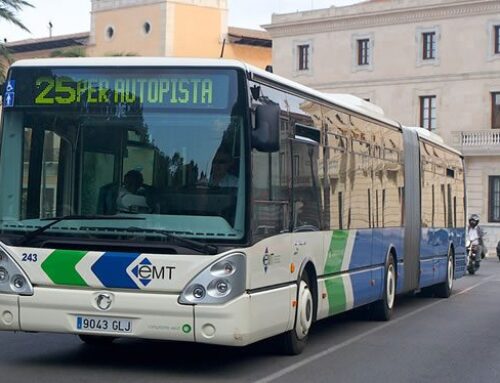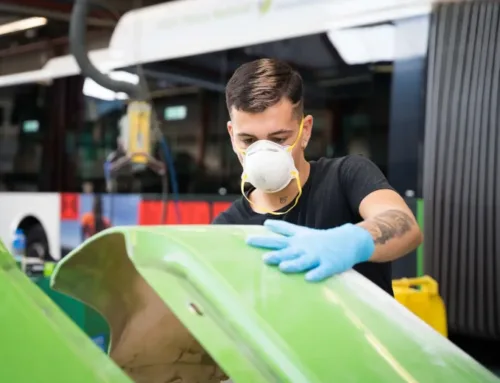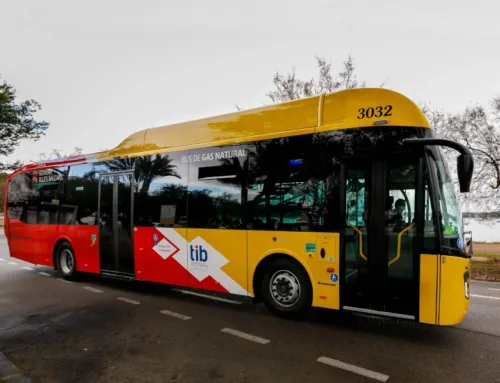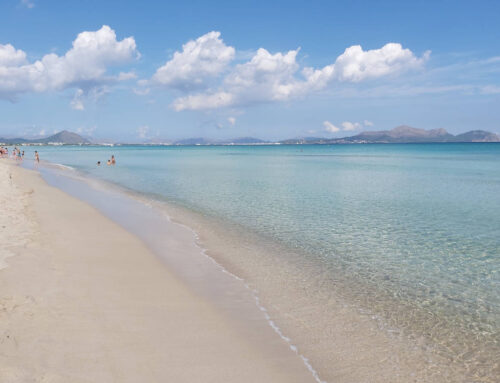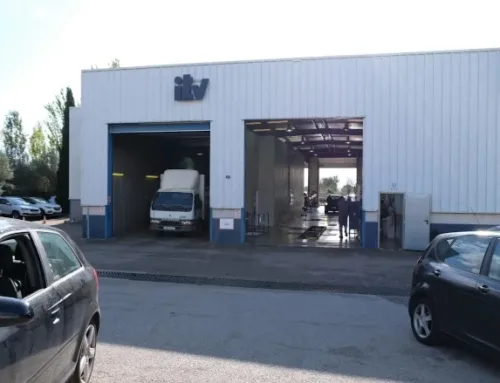Pere Malondra is the current manager of the Fundació Orquestra Simfònica de Balears. In the last year, the orchestra has faced restrictions derived from the pandemic, which has put many cultural entities in check. While waiting for its new headquarters, the Palma Music Box, to become a reality, Malondra takes stock of the last few months and the challenges that musical training faces.

How has the pandemic influenced the orchestra’s activity?
In a very important way. We detect very quickly that the situation would be complicated, so we adapt very quickly to both the protocols and the way of returning to the scene. We were the first orchestra to resume cultural activity through 63 chamber music concerts. The entire orchestra took a little longer. From the beginning, we complied with very strict security protocols and today we can say that we were right, because there has been no contagion between the musicians or the attending public. We have had infected members, but not related to the workplace, because when they tested positive we did PCR on those who were located 3 meters around the affected musician and they all tested negative.
How is the acceptance of the concerts in online format being?
Really very good. Before the pandemic, we had more than 600 subscribers. Now we have lost some of them, because it is true that a large part of our audience is at risk. But many have remained and we wanted to give the possibility of following our concerts through social networks.
In all these months, what events have particularly hurt you for not being able to share them with the general public?
In reality, all the ones we haven’t been able to do have hurt us. But the orchestra especially enjoys those related to social activity such as Proyecto Hombre or Amigos de la Infancia, which had to be canceled. Even so, we have collaborated by dedicating two of the summer concerts at Bellver Castle.
What are the orchestra’s most immediate projects?
Continue with the maximum and normalized programming, as far as possible. If it cannot be with the entire orchestra, making chamber music, which in some way is the guarantee of being able to continue with the musical activity.
You started in this position saying that the goal was to resolve conflicts. Which ones have you faced?
The manager’s job is to coordinate everything so that the musicians have no other concern than making music and focusing on the concerts. This year, the main problem has been the pandemic and gradually solving the problems that have arisen. I keep that we were the first orchestra to get going. I thank the teachers who made it so easy to bring music to Palma and the municipalities of the Part Forana de Mallorca. Also to almost all the municipalities of Menorca and Eivissa. This was the great challenge and I think we overcame it with flying colors. Wherever we went, we were practically the first cultural act after confinement. We serve as a pedagogy so that in such a rare situation, people have the feeling that cultural activities could be done, although we all had to assume that the situation was not the same as always and that strict protocols had to be followed. People had to normalize this situation and I think we contributed to it.
“We were the first orchestra to get going since the pandemic began”
There was a moment that seemed impossible, but today we are used to it …
I am very grateful to the municipalities that initially dared to program one of our concerts. The norm allowed it, but many did not dare. We are happy to have contributed to this. Despite the surrealism of the situation, we were able to normalize these cultural events.
As the former director of the Alcúdia School of Music, do you think that young people from the island’s villages have the opportunity to develop their musical interests?
It is a complicated subject. The music schools subsist on the budgets of the municipal administrations. There is only one conservatory, but things have been improving since I left school in 2003. There are collaboration agreements with the conservatory to give classes in music schools and examine you in the conservatory … After all, they are advantages for families. But when it comes to school budgets, it is something city councils have to believe in and bet on. In any case, it is improving and it is increasingly easier for families that their relatives can study music.
“The Music Box will serve to promote educational concerts and bring us closer to young people”
There are those who associate classical music with elites. How to connect with the youngest?
It is something that we constantly ask ourselves and at the same time it is not easy. The orchestra has to teach which are the great classics of music, but at the same time it has to be in contact with other areas and trends. And we believe that we are in this line, with initiatives that go beyond what is classical music. Through the Music Box, the future headquarters of the orchestra, we will promote educational concerts. This headquarters opens up a very wide range for us and will bring us closer to the young population.

